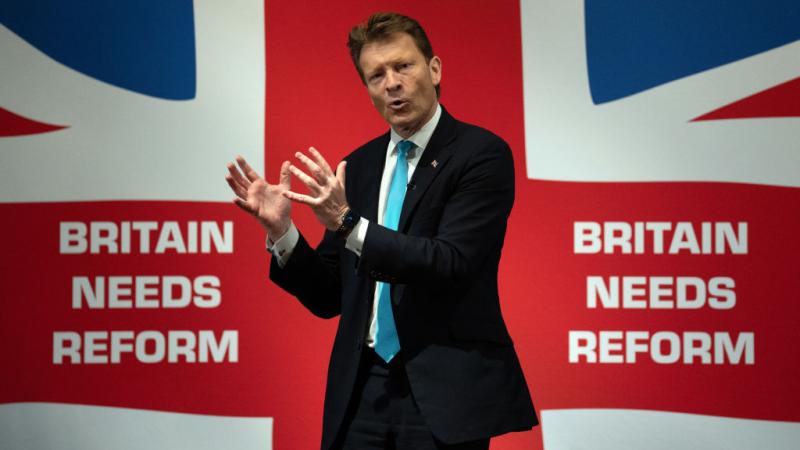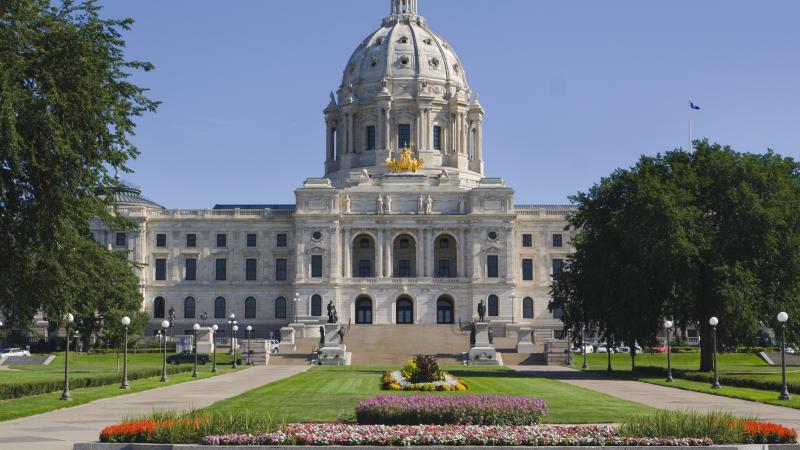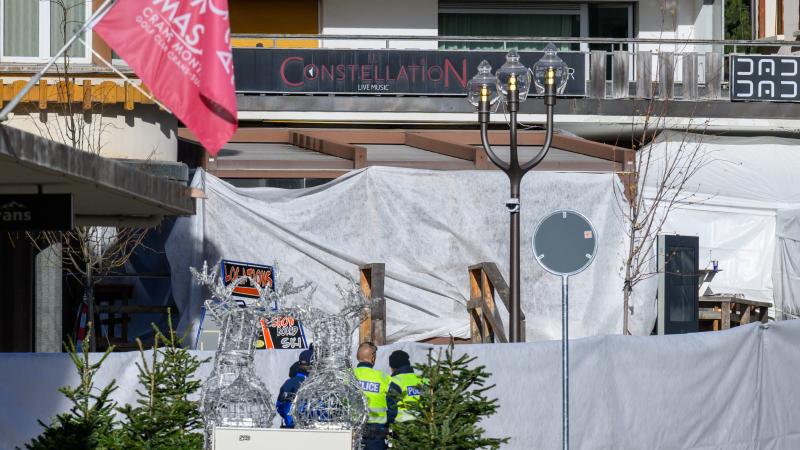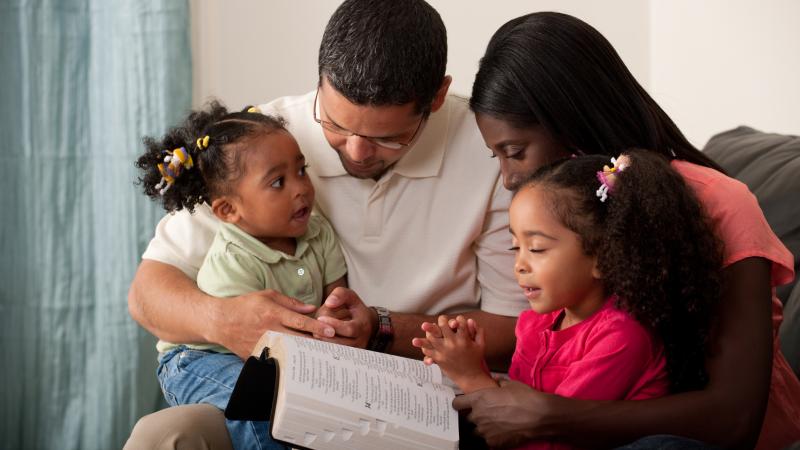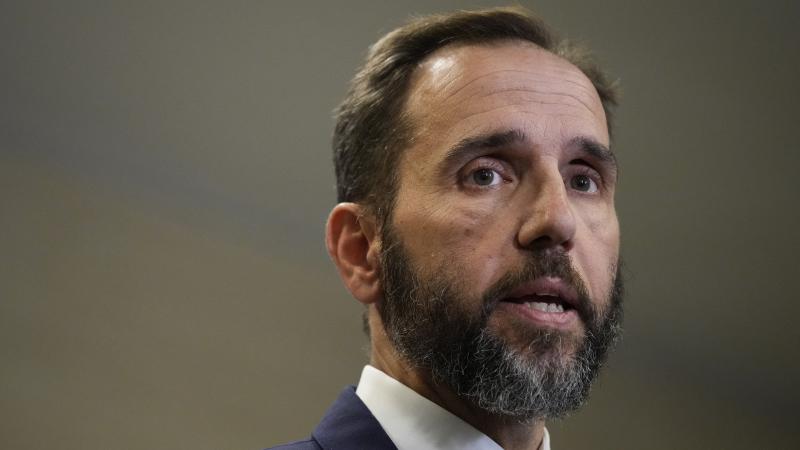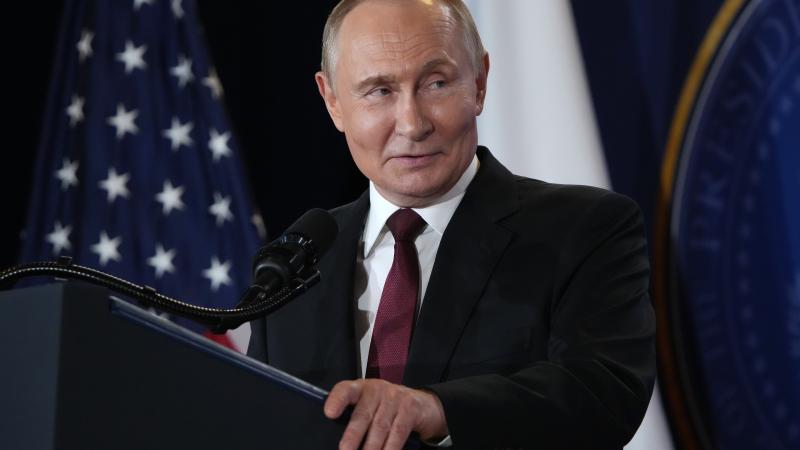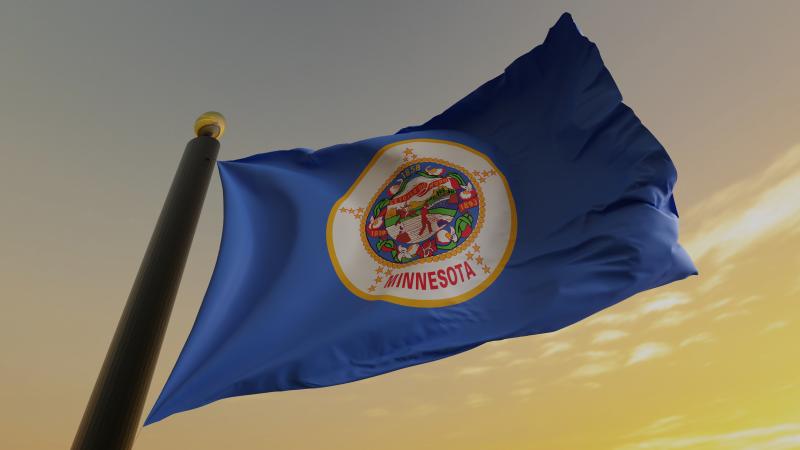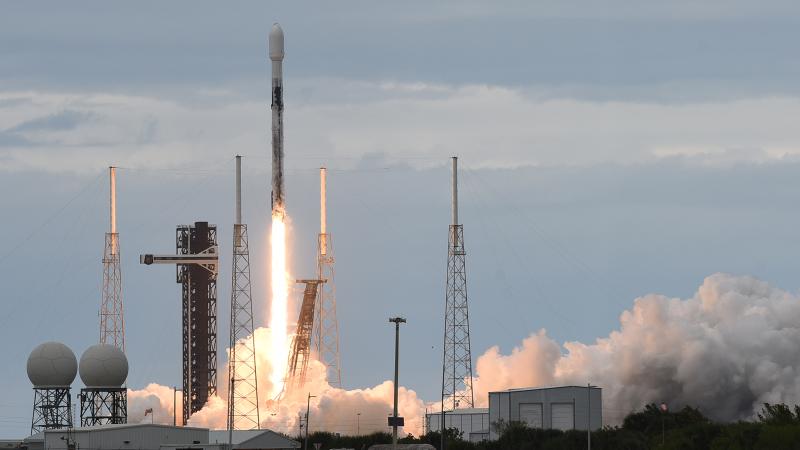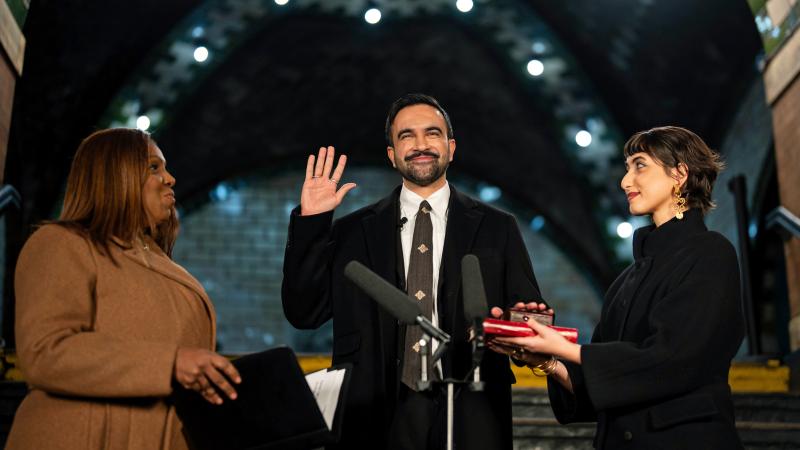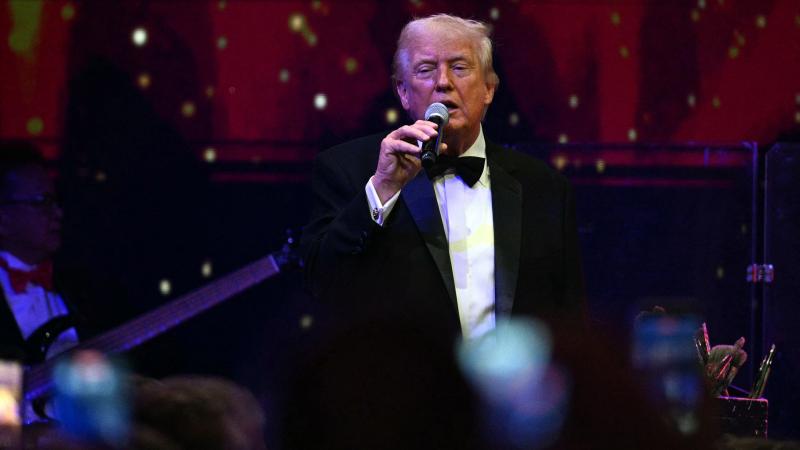Coronavirus task force publicly reunites: Birx and VP say most new cases are millennials under 35
Most reopened states "are experiencing a measure of stability," said the Vice President
On Friday, the White House coronavirus task force publicly reunited to brief the nation on the coronavirus case numbers that have been reported on this week.
Vice President Mike Pence opened the briefing by speaking to the rising case numbers seen across the nation. "34 states are experiencing a measure of stability," said the Vice President, meaning that positivity rates of the virus are consistent. "There are 16 states with rising cases and rising percentages," he continued. "Those are the ones we are paying attention to."
The VP said that about half of the new cases reported this week are Americans under the age of 35, which he called "encouraging," because younger Americans are less susceptible to serious outcomes of the virus. Pence also pointed toward consistently declining fatality numbers, despite rising case rates.
Dr. Birx said that the medical community now has a significantly better understanding of the "disease differential," meaning the different ways the coronavirus impacts individuals in different age and health-risk groups. The task force's findings continue to stress the reality that those above 80-years of age and separately, those with comorbidities are the most severely affected by the coronavirus.
Birx and Pence's comments emphasized that in most parts of the United States that have safely reopened according to health officials' guidelines, case numbers have gone up, but death rates and positivity rates have not. Dr. Birx reiterated the VP's point that new cases are not affecting vulnerable classes as heavily as during the beginning of the pandemic.
Dr. Birx also spoke about the task force's data collection method, which involves combining state and county-wide case data, testing data, and hospitalization data to create a comprehensive state-by-state response to any rising virus levels.
Dr. Fauci spoke about the communal and societal responsibility to stop the spread of the novel virus. "If we don't extinguish the outbreak even ones (areas) that have been doing well, are going to get it," said Fauci. "We are in this together, and the only way we are going to end this is together," he concluded.

